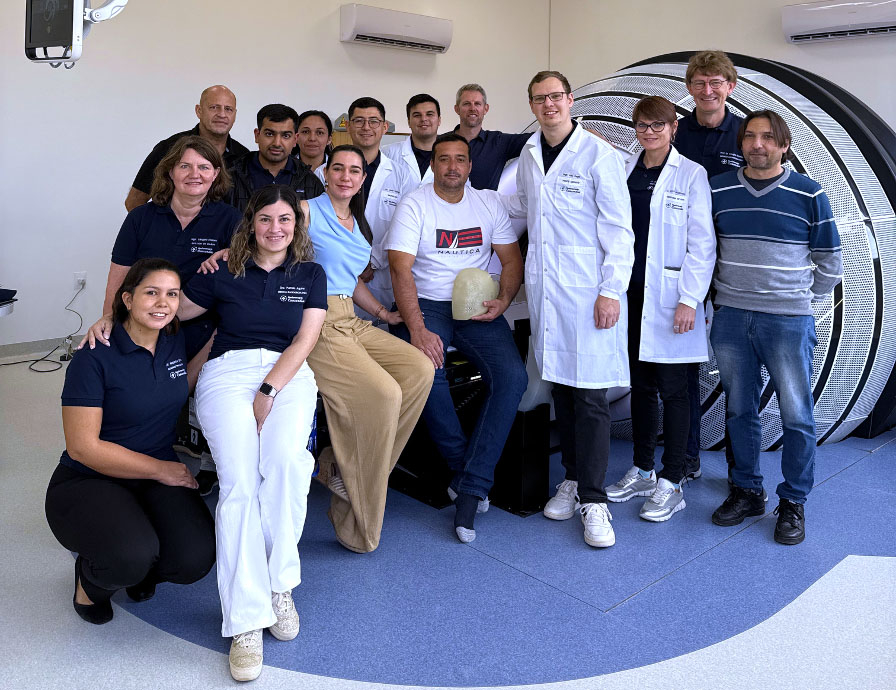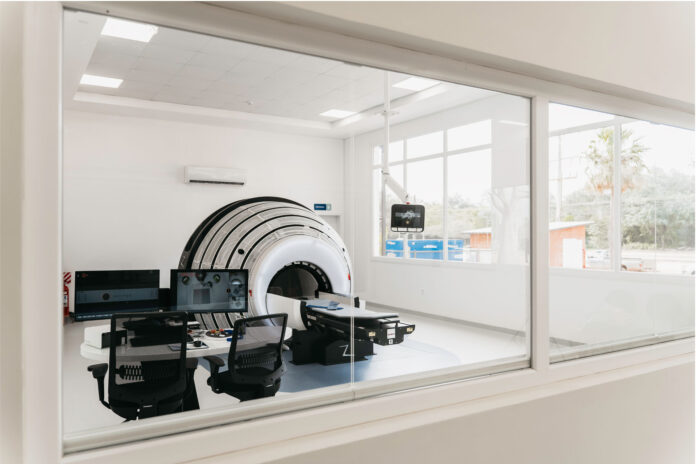San Carlos, CA — ZAP Surgical Systems, a leader in non-invasive robotic brain surgery, has announced the first patient treatments using its ZAP-X® Gyroscopic Radiosurgery® platform in Latin America. The milestone was achieved at Radioterapia Concordia in Neuland, Boquerón, Paraguay—marking a breakthrough in bringing advanced brain tumor care to underserved rural regions.

On its first day of clinical operations, four patients were treated with the ZAP-X system for a range of conditions including meningioma, acoustic neuroma, trigeminal neuralgia, and arteriovenous malformation. The center now offers stereotactic radiosurgery (SRS)—a non-invasive outpatient procedure—as an alternative to traditional brain surgery, significantly improving access to care in the region.
“People in rural areas deserve world-class medical care where they live,” said Prof. Dr. Peter Douglas Klassen, founder of Saludconcordia SA. “With ZAP-X, we’re providing advanced treatment options to communities long left without access.”
Located along the Bi-Oceanic Corridor, a major regional infrastructure route, Radioterapia Concordia is strategically positioned to serve patients from Paraguay, Brazil, Argentina, and Chile. The center also collaborates with ZAP-X Zentrum Lingen in Germany, which introduced Europe’s first ZAP-X platform.
“This is more than just the installation of new technology—it’s a shift toward cooperative medicine that transcends borders and traditional healthcare models,” said Edelgard Loewen, Case Manager at ZAP-X Zentrum Lingen.
The ZAP-X system’s gyroscopic design enables delivery of radiosurgical beams from thousands of angles, improving precision and reducing exposure to healthy brain tissue. It is also the first vault-free radiosurgery system, allowing hospitals to avoid the costly infrastructure typically required for shielding. Additionally, ZAP-X uses a modern linear accelerator, eliminating the need for radioactive isotopes such as Cobalt-60.
With its launch in Paraguay, ZAP Surgical sets a precedent for bringing cutting-edge cancer treatment to remote communities across Latin America.


